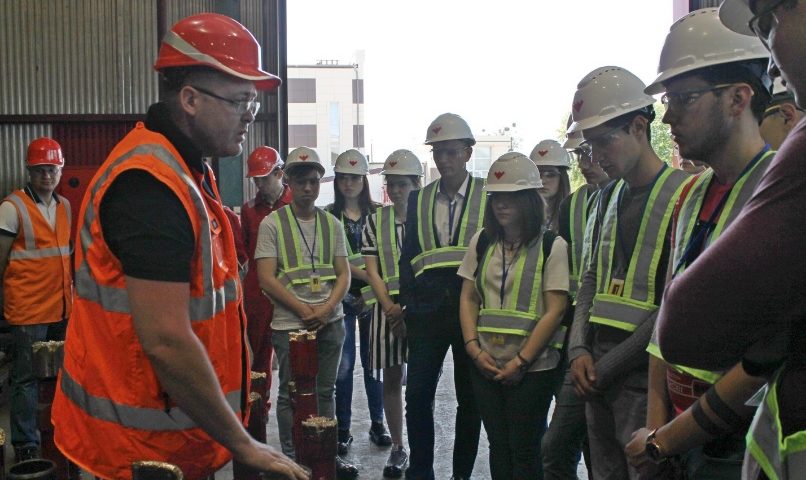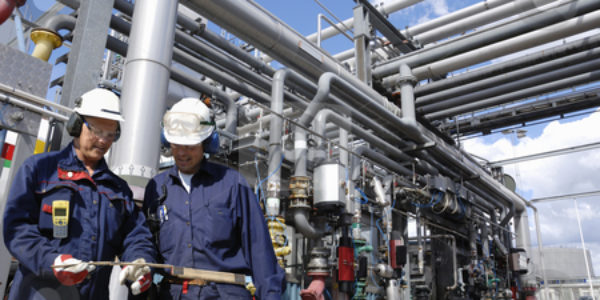Oil & Gas

The program of Oil&Gas Engineering is aimed at students who wish to work in the oil and gas industry and specialize in different operations. It will prepare you for a range of professional careers through suitable flexible study options. It has been developed in close collaboration with industry which ensures the specialist subject areas relevant to the oil and gas life-cycle covered are up-to-date, and provide the essential knowledge and skills required for an engineering career within the upstream oil and gas industry.
The Oil and Gas Engineering program is designed to create future leaders of the industry. The wide range of subjects taught, including engineering, geology and chemistry, ensures that you will have a strong appreciation of all key elements of the industry lifecycle and of the different areas of engineering required, as an understanding of how they work together to deliver projects safely and efficiently.
Its activity focuses on petroleum, gas engineering and scientific research, mainly of practical character.
The Department of Oil Engineering is responsible for investigating new geophysical methods, methods of on- and off-shore oil and gas production, mathematical modelling and computer simulations of liquid raw materials production, deep and surface geological cartography of hydrocarbon deposits, determining hydrodynamic conditions of hydrocarbon migration and accumulation, verification of hydrocarbon resources, geochemical monitoring of underground gas storage facilities, utilization of sewage and waste water, environmental monitoring, exploration and production of groundwater, as well as activation and renovation of wells and water distribution systems.
The scientific and research works conducted at the Department of Gas Engineering focus on natural gas production, underground gas storage, production of natural gas from unconventional deposits, designing gas transfer systems, modelling hydrocarbon deposits production and UGS operation, works related to carbon dioxide sequestration, and the analyses of energy systems。
The University of Engineering plays a central role in researching and developing new technology to maximize recovery of oil and gas, working alongside leading international companies. Degree programs benefit from direct industry involvement, including industry advisory panels, guest lectures, field trips, site visits, networking and careers events, and industry supported student projects.














